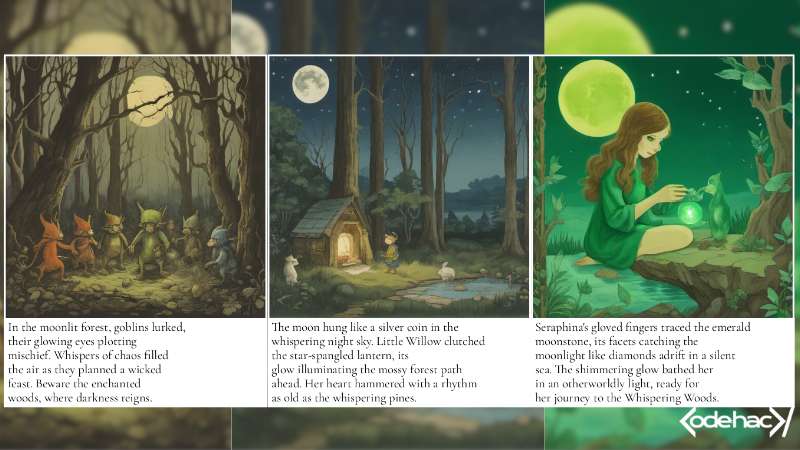- The Storybook Pi transforms the Raspberry Pi 5 into an AI-driven device that creates both text and illustrated fairy tales.
- It uses a low-energy E-Ink display that holds images without power, promoting sustainability.
An innovative open-source project that transforms the Raspberry Pi into an AI-powered storyteller capable of generating illustrated fairy tales. Engineer Thomas Valadez has embarked on a fascinating endeavor, converting the Raspberry Pi 5 — a compact single-board computer — into a vibrant hub of creativity. His creation, known as Storybook Pi, harnesses the capabilities of artificial intelligence to craft unique, visually captivating fairy tales.
How Storybook Pi Works
Storybook Pi ingeniously blends several potent open-source AI tools into a single unit. These tools empower the device to invent entirely new textual tales and to translate descriptions into vivid illustrations effortlessly.
Each completed story and its accompanying picture are displayed on a compact, energy-efficient color E-Ink screen. This type of display is notable for its low energy consumption, and it retains images even after the device is powered down.
Creating a fairy tale alongside its illustration takes about five minutes due to the intensive computational demands. Additionally, refreshing the display isn’t immediate. Despite these waits, the unique and enchanting outcomes are truly worth it.

Creating Your Own Storybook Pi
Here’s what you’ll need:
- Base: Raspberry Pi 5 (note that older models may also work, but with reduced performance).
- Display: A 5.7-inch Inky Impression or a similar E-Ink panel.
- Memory: At least a 32GB microSD card to store the AI models.
Excitingly, Thomas Valadez has made his project available for all by sharing the source code and essential tools on GitHub, inviting enthusiasts and creators to build their own Storybook Pi.